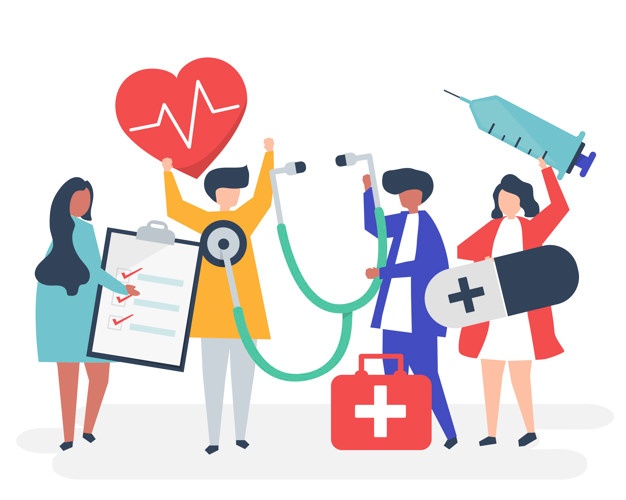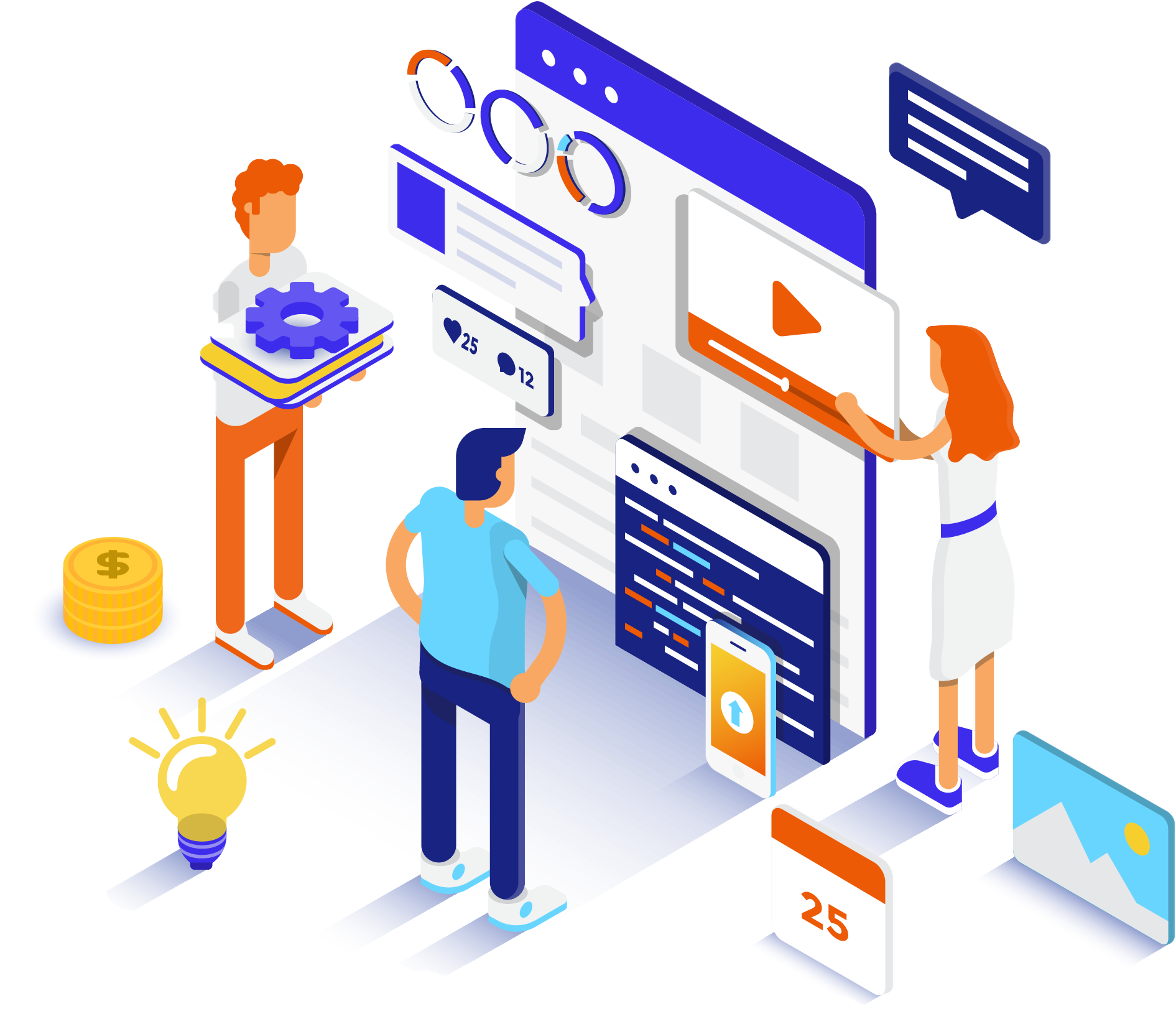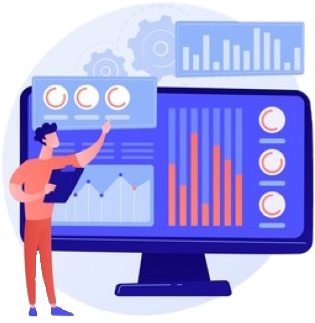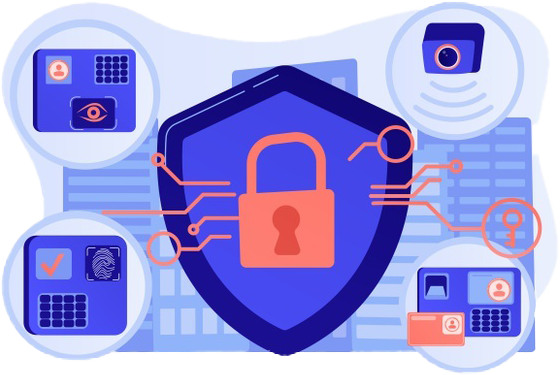Healthcare
Healthcare
Health system executives agree data sharing between providers, payers and government and industry can have the greatest impact on improving patient experiences, according to an recent SAP report. The survey of 100 healthcare CEOs, CFOs and CIOs, conducted by Porter Research on behalf of SAP, indicated health systems will focus on addressing cost pressures and improving the patient experience.
Why it Matters
When asked what the top challenges were to their organizations, healthcare executives listed declining reimbursements and the patient experience as the top two challenges, followed by maintaining and upgrading IT and cyber security. The survey results indicated healthcare executives believe that key initiatives required to reduce costs and improve the patient experience include identifying and scaling operational efficiencies, enabling interoperability, increasing visibility into data across the enterprise, and improving patient engagement.
When asked what role technology would play in addressing these challenges, 37 percent of executives indicated IT would support improving efficiencies to reduce costs. The study made it clear that the foundation for enabling processes to be more efficient is interoperability between systems, devices, and stakeholders.
“The key area of deficiency is around getting specific data within data silos that will allow us to have complete data and turn that into value,” one survey responded noted. “Data mining with legacy systems can become an issue because organizations cannot efficiently and accurately obtain information. The right technology can help us solve this.” This includes data analytics tools and artificial intelligence (AI), which will help automate, refine, and improve healthcare operational processes and clinical workflows.
What to now know
Maintaining and upgrading IT was singled out by nearly half (48 percent) of respondents, suggesting the move towards digital patient engagement would be a challenge. “Executives are evaluating the right technology solutions to support these objectives. When asked what technology will have the greatest impact on improving the patient experience, 52 percent of executives pointed to data sharing between providers, payers, government, and industry. The report recommended evaluating technology gaps and identifying data silos and workflow barriers as key initial steps to drive best-practice processes. “Health system executives are purposefully prioritizing their next technology investments to continue the journey to a better patient experience and lower costs for all.
ThoughtData’s solutions helps HealthCare IT to embrace new technologies with confidence which in turn helps them improve patient experience and ease the tasks of clinicians and caregivers.







